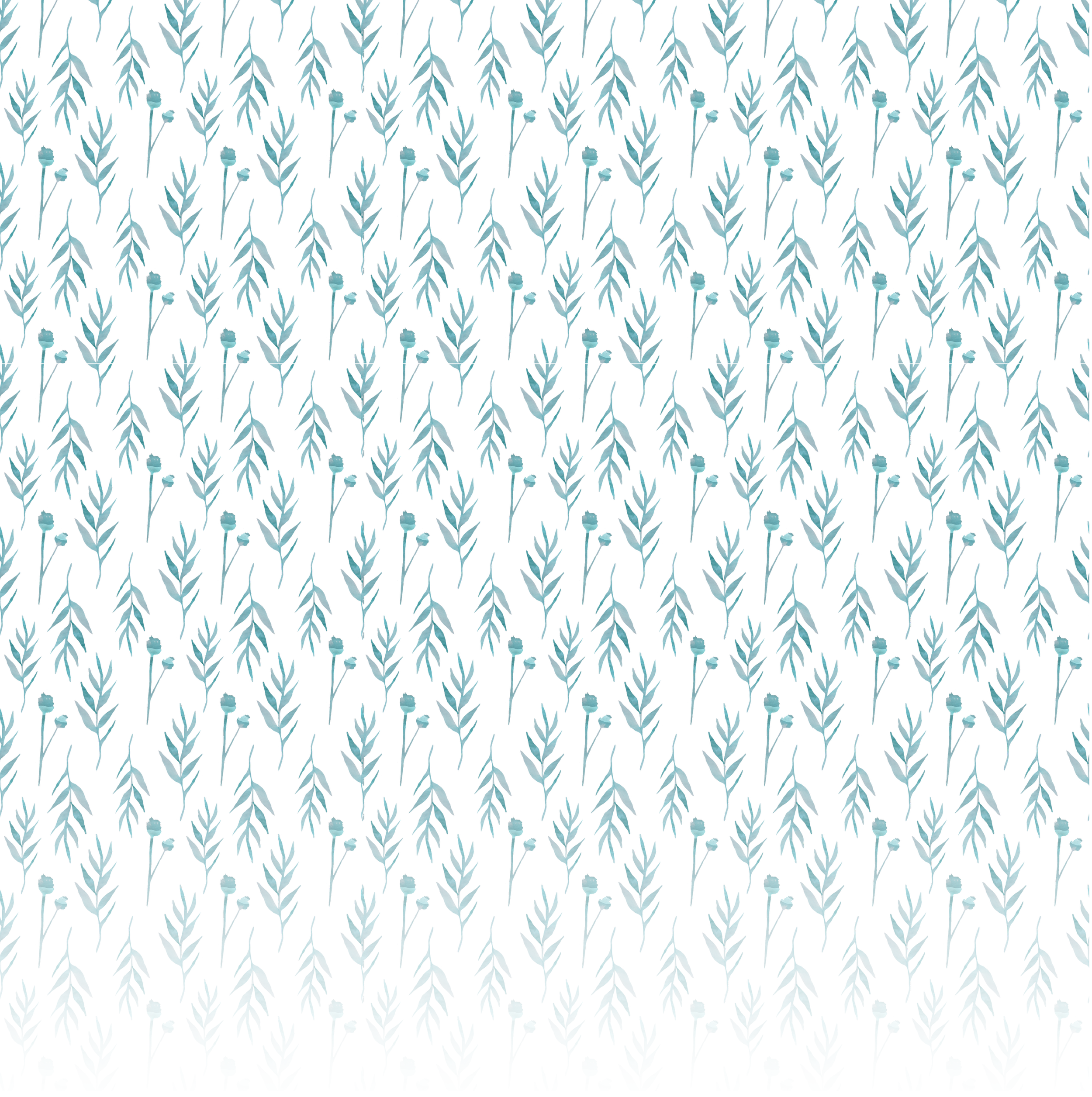
Book Club Questions
Are you reading Charlie’s books in your book club? Get the discussion started with these book club questions.
-
To whom do you believe the title “The Paper Magician” refers?
Do you think it was fair for Ceony to be forced into Folding? How else could the shortage of Folders be addressed?
How do the enchantments on Emery’s cottage reflect his inner self?
What are the meanings of each chamber of Emery Thane’s heart?
Do you think Mg. Thane and Ceony’s relationship is appropriate? How would their relationship be different in 1902 versus today?
Discuss the themes of loss and redemption.
What are the differences between the historical world of The Paper Magician and real-world Edwardian England?
The biggest hindrance to learning magic in The Paper Magician is cost. Do you think that a necessary barrier, or should magic be given to all? Why or why not?
What magical discipline would you study and why?
-
In what ways was “the village” a Utopia? In what ways was it not?
How is Matrona similar to Slava? How is she different?
What is the meaning of the individual dolls Matrona had to open?
How would the story be different if another character had been chosen as Slava’s replacement?
What core needs of Matrona’s were going unfulfilled?
Compare and contrast Matrona’s relationship with Feodor verses her relationship with Jaska.
Did Matrona make the right decision when she freed the village? Why or why not?
What do you foresee as the future for Matrona and the villagers?
-
Do you believe Smitha deserved Mordan’s curse, or was it too harsh?
How is the theme of “change” applied in this story, and how does Smitha’s perception of it alter?
Compare and contrast Smitha’s character in the first chapter and the last chapter of the book.
Was Smitha’s selfishness, at any time, a helpmeet to her in this story?
Do you consider Sadriel an ally or an enemy? How does his portrayal differ from other fictional interpretations of Death?
Were you in Smitha’s place, would you have endured or taken Sadriel’s offer?
Do you consider Lo’s decision with Faida to be honorable or dishonorable?
Discuss how, precisely, Smitha broke her curse.
-
What six fairy-tale references did you find in this book? (Key below)
What similarities do you find between this novel and Mary Shelley’s Frankenstein?
What sort of attributes do you feel you could put into a magical baked good? On the other side, what enchanted good would you want for yourself?
Do you believe Allemas was justified in his actions?
Did Maire have the right to create Allemas?
Was Maire dealt with justly in the end? Was Allemas?
How do you think Maire’s life would have continued had she never been found by Allemas or Fyel?
Discuss the theology in this book and how it is similar to and different from your own.
Discuss the themes of creation and identity as used in this novel.
Key to fairy-tale references:
“Jack and the Beanstalk” (the slave owner who owned a harp that plays itself)
“Hansel and Gretel” (the two children Maire finds in the wood)
“Alice in Wonderland” (the Eat Me/Drink Me concoctions)
“The Little Gingerbread Boy” (gingerbread work for Daneen)
Robin Hood (Cleric Tuck and his god)
“Cinderella” (song Franc sings in the beginning)
Bonus: The blazeweed was inspired by the Six Swans.
-
Why do you think Elsie followed the directives of people she barely knew?
Elsie is part of the Victorians’ ever-growing middle class. How would the story have been different if she were lower-class? Upper-class?
How would Bacchus’s reception have been different if he were fully English?
Why would it be illegal to have unregistered magic?
Who do you think placed the spell on Bacchus, and why? (Answer will be given in the sequel, Spellmaker.)
In what ways would having the magic in this novel affect today’s world?
If you were an aspector, what alignment of magic would you study? Physical, temporal, rational, or spiritual? If you were an aspector, what do you think your opus would look like?
-
Discuss what might make a character a fallible narrator. Who, if anyone, was a fallible narrator in this book?
How could magic help or hinder technological advancements?
Whose, if anyone’s, responsibility is it to keep magic thriving? Is breeding for magic ethical? How or how not?
What can we learn about Owein’s character from the behavior of the house alone?
Was Silas Hogwood’s journey ever ethical, or was it doomed from the start?
If you were on your deathbed, would you choose death or inhabiting a house? Why?
If you could have one type of magic from this book, what would it be and why? Which would you want last?
Which magical side effect do you find to be the most detrimental? Are the spells worth the consequences?
